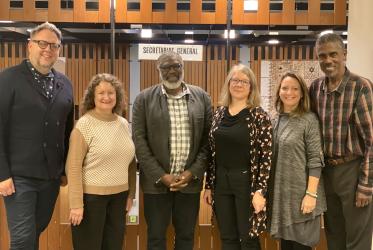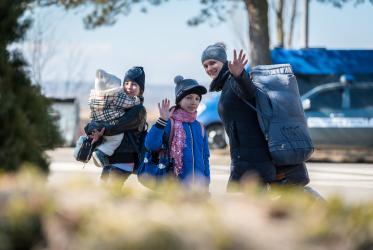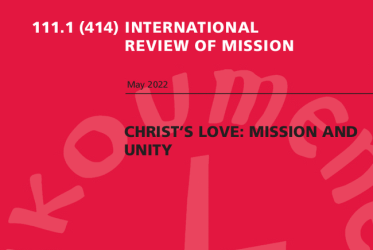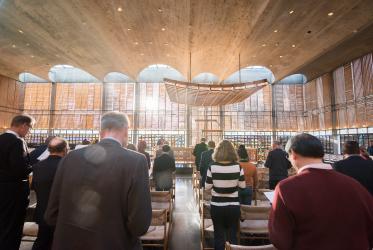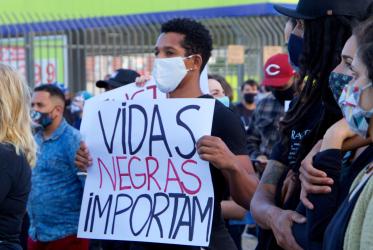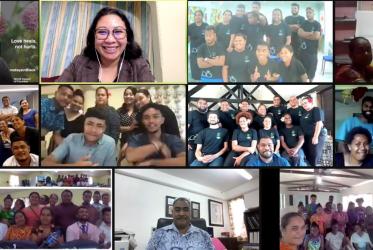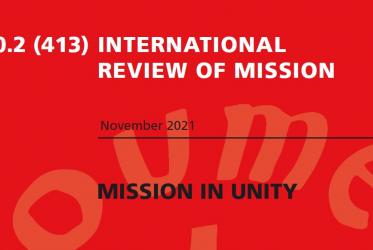Displaying 1 - 20 of 129
WCC posts job openings for leadership staff
27 January 2022
World mourns loss of Archbishop Desmond Tutu
30 December 2021
WCC pre-Assembly consultation on Overcoming Racism, Racial Discrimination and Xenophobia
06 - 10 December 2021
Geneva, Switzerland

